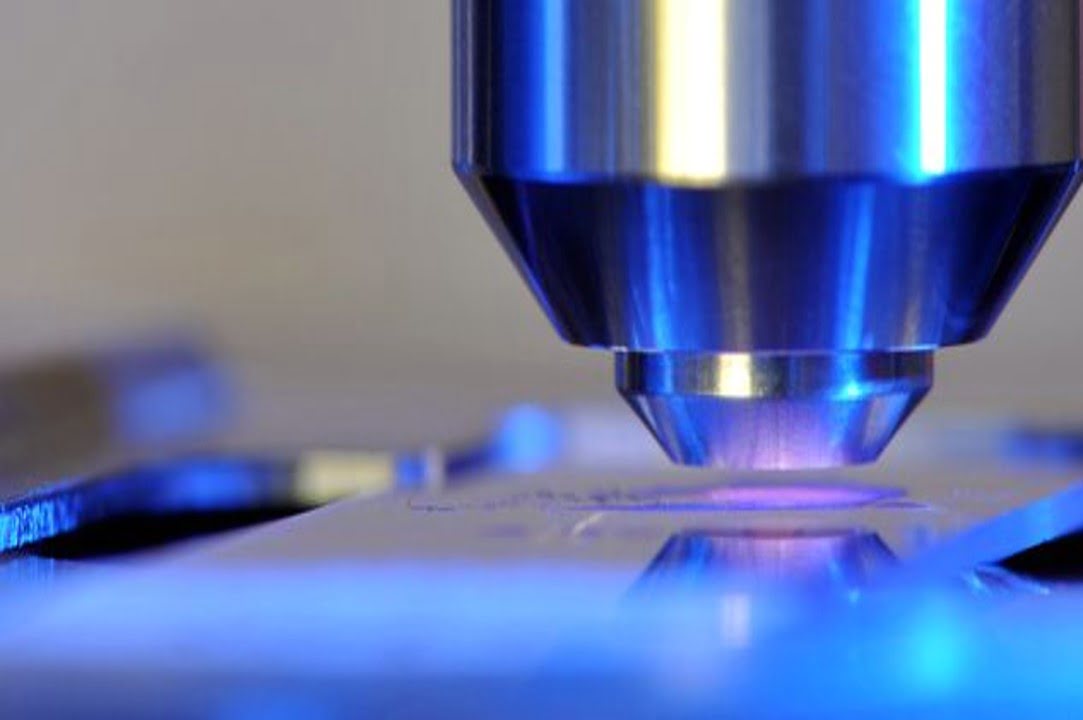In the ever-evolving landscape of advanced manufacturing, laser technology has emerged as a game-changer for processing superhard materials. This cutting-edge approach is reshaping industries by offering unparalleled precision, efficiency, and versatility. Let’s delve into the transformative power of laser processing and its far-reaching implications for the future of manufacturing.
The Laser Advantage: Precision Meets Efficiency
Laser processing has become the go-to solution for tackling superhard materials, outperforming traditional methods in several key areas:
Unmatched Efficiency: Laser beams concentrate immense energy onto materials, enabling rapid heating and processing. This dramatically reduces production cycles, boosting overall manufacturing productivity.
Micron-Level Precision: The stability and accurate positioning of laser beams allow for incredibly precise processing, minimizing material deformation and ensuring consistent quality.
Eco-Friendly Operations: Unlike conventional methods, laser processing eliminates the need for cutting fluids or coolants, reducing environmental impact and energy consumption.
Versatility in Application: Laser technology adapts to various shapes and sizes of superhard materials, seamlessly integrating with advanced manufacturing systems like CNC machine tools to expand processing capabilities.
Innovative Solutions Pushing Boundaries

As the demand for processing superhard materials grows, companies and research institutions worldwide are developing groundbreaking solutions:
OPMT Intelligence’s Light 5X Series: These laser CNC machine tools excel in high-precision positioning, enabling efficient processing of complex contours.
LightGRIND Series: This innovative line offers machines for surface grinding, contour processing, and special-shaped contour processing. The laser grinding efficiency surpasses traditional grinders by more than tenfold, achieving remarkable precision:
- Minimum roughness: <0.1μm
- Flatness: ≤5μm
- Profileness: <10μm
Real-World Applications: Laser Technology in Action
Superhard Tool Edge Processing
Laser technology has revolutionized the manufacturing of Polycrystalline Diamond (PCD) tools:
- Improved dimensional accuracy and flank roughness
- Significantly extended tool service life
- Enhanced cutting efficiency
Diamond Laser Grinding
Compared to conventional methods, laser grinding of diamond offers:
- Doubled efficiency
- Maintained processing accuracy
- Superior surface quality These advantages make it ideal for high-end manufacturing applications.
Precision Micro-Hole Drilling
In the realm of micro-hole processing, laser technology stands out for diamond composite materials:
- High precision
- Small aperture capabilities
- Excellent roundness These attributes have led to widespread adoption in heat dissipation systems and sensor manufacturing.
The Future of Laser Processing: A Glimpse Ahead
As technology advances and application demands increase, the future of laser processing for superhard materials looks promising:

Technological Innovations
Expect more powerful lasers with improved beam quality, enabling faster and more precise processing.

Smart Manufacturing Integration
In the era of Industry 4.0, laser processing equipment will become more intelligent and automated, with real-time monitoring and adjustment capabilities.

Expanding Applications
As superhard materials find new uses across industries, laser processing is poised to become the primary manufacturing method in aerospace, automotive, and energy sectors.
Conclusion: Embracing the Laser Revolution
The impact of laser technology on superhard material processing is undeniable. Its ability to deliver precision, efficiency, and versatility is transforming manufacturing processes across industries. As we look to the future, continuous innovation in laser technology promises to unlock even greater potential, pushing the boundaries of what’s possible in advanced manufacturing.
For manufacturers and engineers alike, staying abreast of these developments is crucial. The laser revolution is not just reshaping how we process superhard materials—it’s redefining the very limits of manufacturing precision and efficiency.





